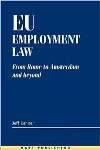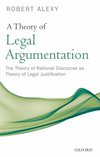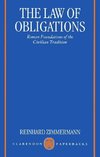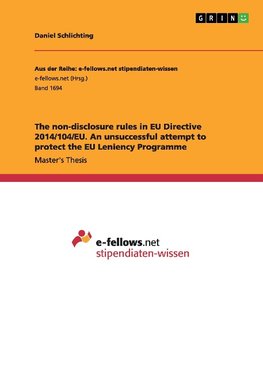
-
 Anglický jazyk
Anglický jazyk
The non-disclosure rules in EU Directive 2014/104/EU. An unsuccessful attempt to protect the EU Leniency Programme
Autor: Daniel Schlichting
Master's Thesis from the year 2015 in the subject Law - Civil / Private / Trade / Anti Trust Law / Business Law, grade: 73 %, Distinction, University College London, course: Master of Laws, language: English, abstract: The European Union recently enacted... Viac o knihe
Na objednávku, dodanie 2-4 týždne
25.34 €
bežná cena: 28.80 €
O knihe
Master's Thesis from the year 2015 in the subject Law - Civil / Private / Trade / Anti Trust Law / Business Law, grade: 73 %, Distinction, University College London, course: Master of Laws, language: English, abstract: The European Union recently enacted Directive 2014/104/EU on "certain rules governing actions for damages under national law for infringements of the competition law provisions of the Member States and of the European Union" (Damages Directive). One of the main purposes of this directive is to balance private and public competition law enforcement, particularly to solve the tension between the Commission's leniency programme and private enforcement. The tension between these two institutions is caused by the fact that potential leniency applicants might be discouraged from applying for the programme if the danger exists that they could find themselves in a worse position than non-applicants in relation to potential damage actions against them. It can be noted that there are generally two ways of solving this tension: (1) to prevent disclosure of leniency material from potential damage claims and (2) to reduce the amount of damages successful leniency applicants have to pay. The EU legislator decided to combine both methods and implemented three provisions to protect the leniency programme. These are the Articles 6 (6) (a), 7 (1), which take the first way, and 11 (4), which limits the damages successful applicants have to pay to the ones suffered by direct or indirect customers and cartel victims which could not obtain damages from other cartelists. Additionally a new Art 16a (2) was very recently (3 August 2015) implemented into Regulation 773/2004 in order to prevent leniency documents in possession of the Commission from being disclosed. In this essay however, I will focus mainly on the non-disclosure rule of Art 6 (6) (a) Regulation 2014/104/EU since this provision does seem to be most controversial. Nevertheless it cannot be analysed without taking into account the other provisions. [...]
- Vydavateľstvo: GRIN Verlag
- Rok vydania: 2016
- Formát: Paperback
- Rozmer: 210 x 148 mm
- Jazyk: Anglický jazyk
- ISBN: 9783668125872
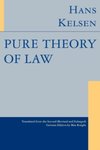


 Nemecký jazyk
Nemecký jazyk 
